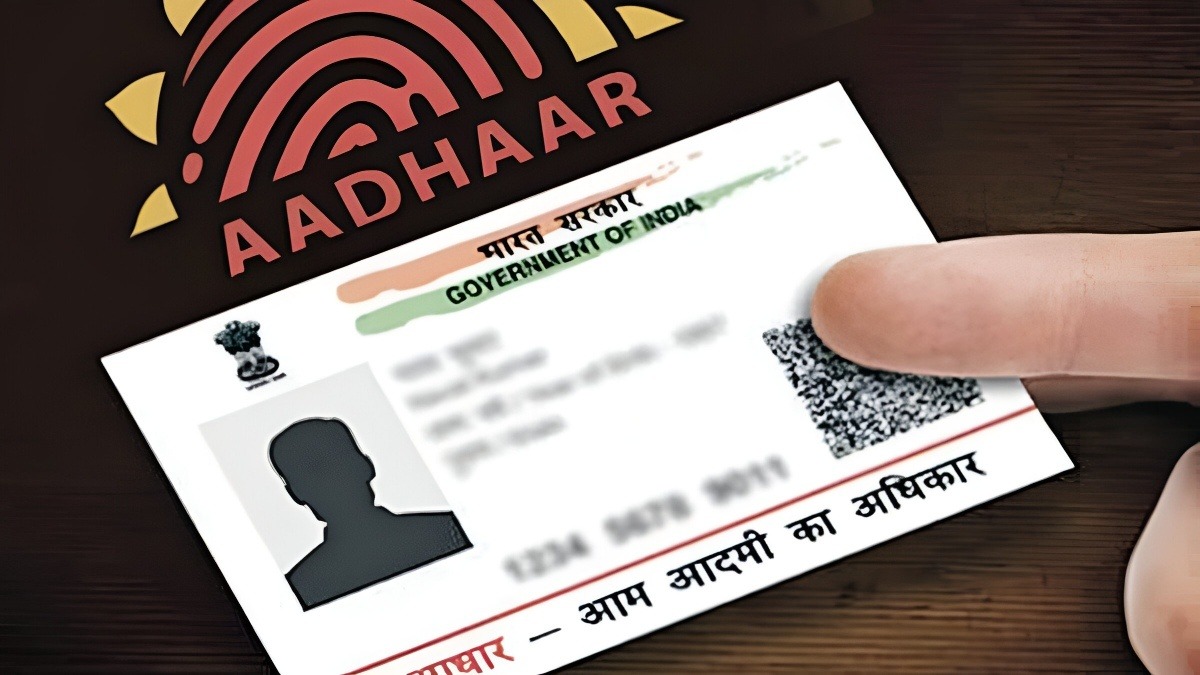Leave these 5 financial habits; Otherwise, you will face problems
Nowadays, having a good salary is no guarantee of financial security. Many people, despite earning lakhs, find themselves cash-poor at the end of the month. The reason is simple: income increases, but expenses rise even faster. Investments are started late, high-interest loans are common, and wrong investment decisions shake the foundation of entire wealth. Chartered accountant Nitin Kaushik shared on the social media platform X about five habits that silently drain your hard-earned money.
1. Paying only the minimum due on your credit card: This habit is the biggest enemy of your wealth. If a balance of Rs. 50,000 is not repaid on time, at a 36% interest rate, this amount can grow to over Rs. 1 lakh in just two years. CA Forum member Naik Sheth explains that excessive reliance on credit cards and loans increases the risk of interest, penalties, and missed EMIs. This lowers your CIBIL score and makes it difficult to get out of the debt cycle.
2. Investing without understanding: Investing in crypto, NFTs, or a guaranteed scheme suggested by a friend can be dangerous. If you can’t explain in a single line how that investment earns money, you’re not investing, but rather “gasping.” Sheth says that investing based on tips and FOMO often leads to serious losses.
3. Increasing expenses as income increases: This is called lifestyle inflation. A salary of Rs. 2 lakh and expenses of Rs. 2 lakh mean zero savings. In the pursuit of show-off, people overspend on expensive gadgets, dining, and travel. Shet explains that ₹1 lakh invested for 20 years at a 12% return can grow to ₹10 lakh, but people don’t hesitate to spend it on luxuries.
4. Buying a New Car on EMI: The joy of a new car lasts for a few days, but a 60-month EMI devastates the entire budget. A car loses up to 20% of its value as soon as it leaves the showroom. Therefore, buy a car only if it doesn’t become a burden on your pocket.
5. Home EMIs eat up half your salary: Buying a home is a dream, but if EMIs consume 40-50% of your income, it becomes a burden. Shet advises keeping EMIs within 25% of your income so that savings, investments, and emergency funds are not affected.





